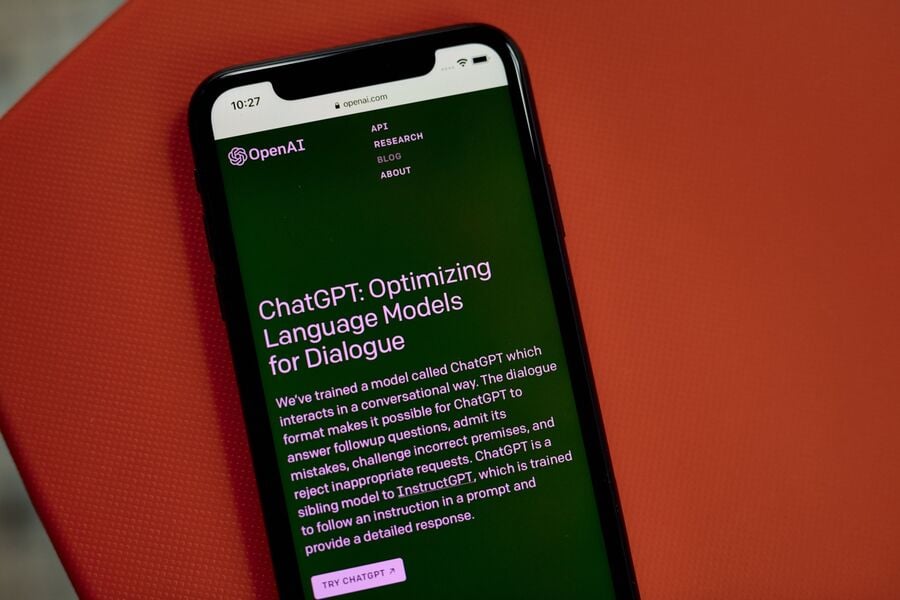

JPMorgan Chase & Co. has curbed its staff’s use of the ChatGPT chatbot, according to a person familiar with the matter.
The artificial intelligence software is currently restricted, the person said, who asked not to be identified because the information is private. The move to restrict use of ChatGPT, which impacts JPMorgan employees across the firm, wasn’t triggered by any specific incident but reflects normal controls around third-party software.
ChatGPT became an internet phenomenon in recent months. The fast-growing technology generates text, images and other media in response to a short prompt.
That has spurred buzz about its future potential for everything from writing poems in the style of Shakespeare to creating stock portfolios. There’s even an exchange-traded fund planned around the concept.
Microsoft Corp. is investing $10 billion in OpenAI, the artificial-intelligence research company behind the chatbot, a move that could see it challenge Google’s dominance of search.
But problems have also arisen since ChatGPT’s November launch. OpenAI said it is working to reduce biases in the system and will allow users to customize its behavior following a spate of reports about inappropriate interactions and errors in its results.
For closely regulated lenders, the caution around the introduction of any new technology is understandable. Over 2021 and 2022, U.S. regulators handed out more than $2 billion in total penalties to a dozen banks relating to their workforce’s unauthorized use of private messaging services.
A representative for OpenAI didn’t immediately respond to a request for comment. The Telegraph reported the restrictions earlier.

A Texas-based bank selects Raymond James for a $605 million program, while an OSJ with Osaic lures a storied institution in Ohio from LPL.

The Treasury Secretary's suggestion that Trump Savings Accounts could be used as a "backdoor" drew sharp criticisms from AARP and Democratic lawmakers.

Changes in legislation or additional laws historically have created opportunities for the alternative investment marketplace to expand.

Wealth managers highlight strategies for clients trying to retire before 65 without running out of money.

Shares of the online brokerage jumped as it reported a surge in trading, counting crypto transactions, though analysts remained largely unmoved.
Orion's Tom Wilson on delivering coordinated, high-touch service in a world where returns alone no longer set you apart.
Barely a decade old, registered index-linked annuities have quickly surged in popularity, thanks to their unique blend of protection and growth potential—an appealing option for investors looking to chart a steadier course through today's choppy market waters, says Myles Lambert, Brighthouse Financial.
